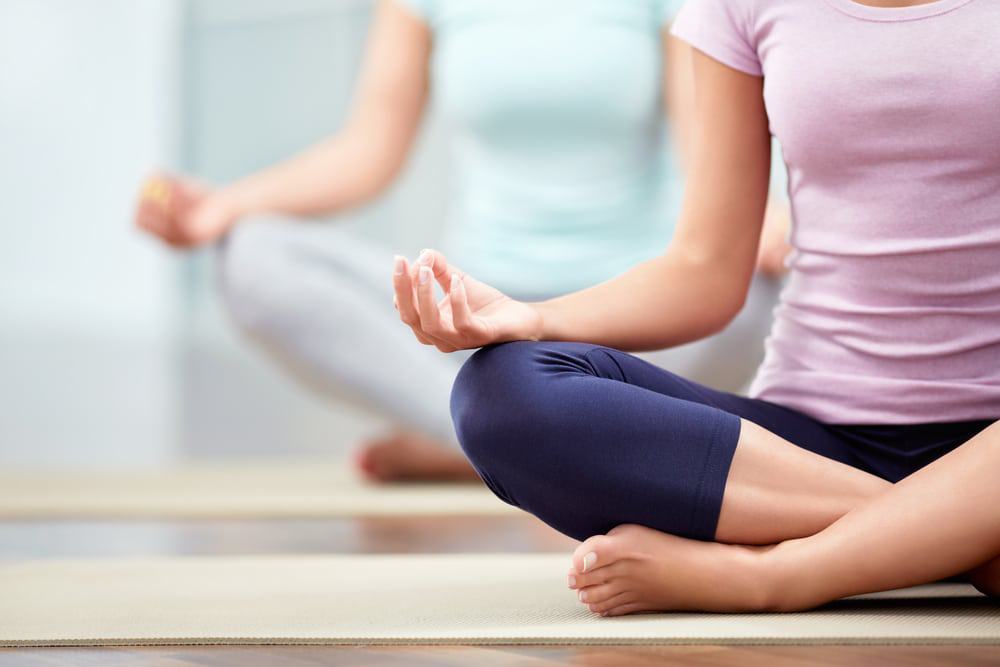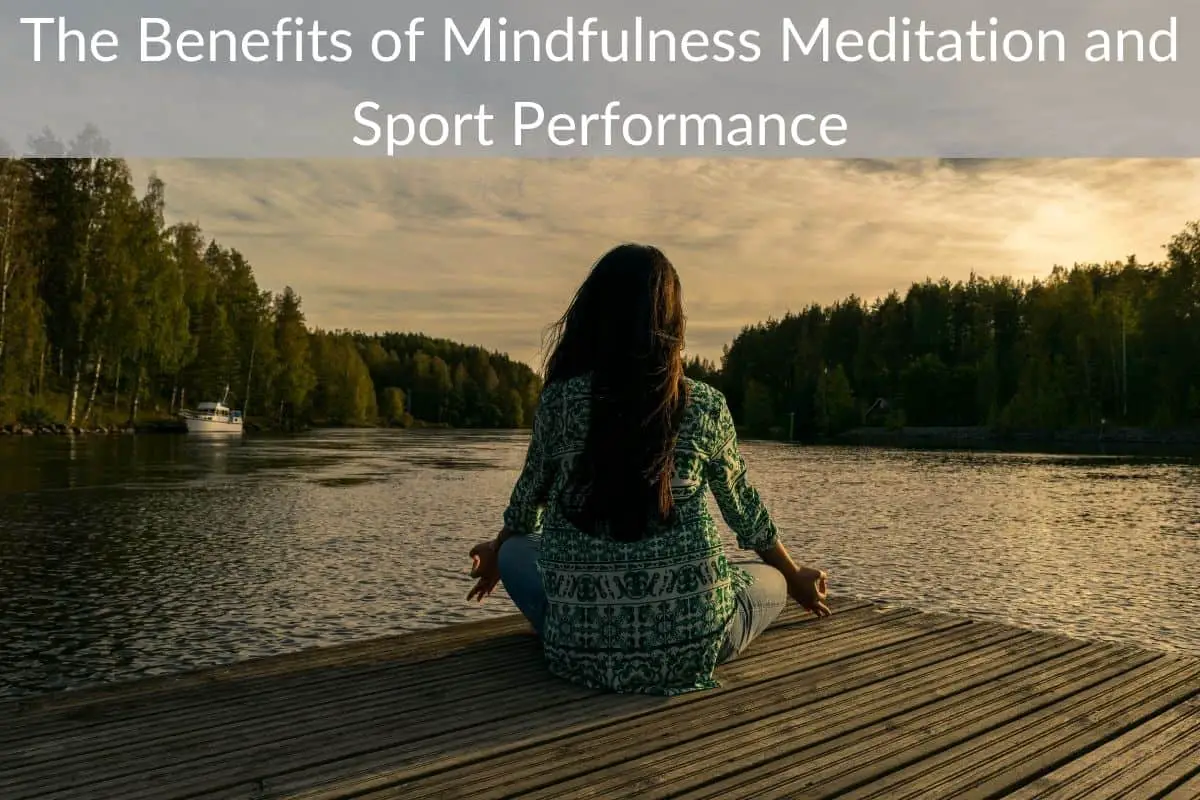Table of Contents
 The Benefits of Mindfulness Meditation and Performance
The Benefits of Mindfulness Meditation and Performance
Mindfulness meditation training, which is simply paying attention to body and breath sensations, works as a “volume knob” to better control how the brain processes pain and regulates emotions.
*This post may contain affiliate links. As an Amazon Associate we earn from qualifying purchases.
How does mindfulness meditation benefit an athlete?
As an athlete or performer of any type, the ability to modulate and control thoughts of pain and emotions can give a competitive edge and improve performance outcome. For example, in the heat of the moment if an athlete can recognize unproductive thoughts and redirect the thought through mindfulness training, anxiety and body tension will reduce helping the athlete to enhance performance.
Scientifically How Does Meditation Work?
Scientists at Brown University have recently published (February, 2012) a paper in Frontiers in Human Neuroscience, proposing that mindfulness mediators develop a more sensitive “volume knob” for controlling how the brain senses pain and emotions. Through the use of magnetoencephalography (MEG) the researchers have shown that mindfulness mediation plays a role in controlling the cortical alpha rhythms, which determine what senses our body and mind pay attention to. Gaining control of alpha rhythms through breath awareness has many purposes for an athlete:
1. It enhances sensory focus on a particular area of the body.
2. It helps an athlete overcome persistent competing stimuli such as negative thoughts or pain.
We call this competing stimuli an “in your head argument” and if an athlete can recognize when this argument is happening then the ability to end this argument will free up valuable energy that can be refocused to the task at hand.
An Athletic Example of Mindfulness
A golfer has a poor shot and begins to have a negative internal dialogue. Why did I swing like that? I know I am better than that shot! I just don’t have my rhythm today! Etc…
With alpha wave regulation as a mental tool set through the practice of mindfulness mediation, this golfer can recognize the pattern of negative thought and take mindful-action steps to move towards thought control.
The 3 A’s of Mindfulness for Athletes
Through the use of the 3 A’s an athlete can switch mental direction and get back on course:
- Acceptance: knowing in the moment that the self dialogue is negative and acknowledging this to oneself thus ending the in-your-head argument.
- Awareness: taking a moment to take a deep breath and refocus.
- Action: taking a specific action that is practiced in training to switch thoughts from negative to neutral.
Mindful awareness is a powerful tool because of the use of the brain. If an athlete can recruit the brain to assist rather than resist, then efficiency and performance levels jump.

